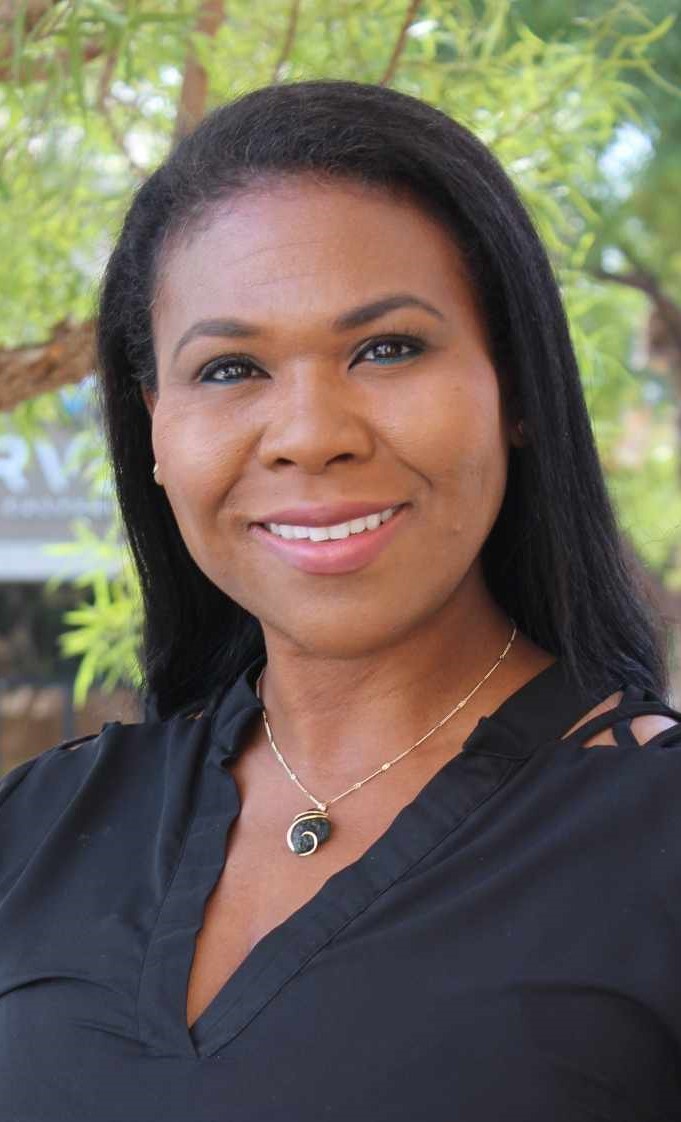We Already Have It! It’s Within Us
AUM believes human beings are intrinsically motivated to learn, create, and expand. We find joy and a sense of purpose when challenging ourselves as long as we have the proper tools and resources. Most importantly when we can channel our faith in ourselves, others, and the world, it ignites energy into motion to manifest our realities. We welcome every learner and honor their beautiful presence and gifts. We believe they all bring wisdom and inspiration to the academy.
Learners & Educators Centered
Learners thrive when their educators are excited about teaching! We focus on empowering our educators, allowing them to express their passion for teaching. We ensure their needs are well met and that they are abundant in support. We believe all of our personnel are the best resource for our learners. We provide our educators with ongoing feedback and professional development in pedagogy, the art of teaching, as deeply as their content knowledge. Training in metaphysics allows educators to observe and listen to their learners deeply; seizing valuable teachable moments. We welcome educators’ authenticity, honor, and trust their unique gifts and talents. AUM values educators with the highest professionalism in alignment with our academy’s essential core values. Their enthusiasm in tandem with our spirited youth is where the real magic of learning happens.
We Acknowledge the Spirit in Inspiration.
We believe in the holistic education model of mind, body and spirit. It is the acknowledgement of our divine connection to the universe that allows us to remember who we truly are as part of, God. Metaphysics, beyond the physical, is included in our curriculum. This isn’t to, draw any ultimate conclusions, confuse, conflict, or deny anyone’s belief systems’. Simply educate on the basis intelligence, wisdom, and harmony can be found in nature and that we have the liberty to further discuss our soul potential. In order to thrive in health, happiness, and productivity for a more compassionate world.
Learning Models
AUM is not exclusive to any particular learning model. Often we use multiple models that fit the needs of our learners or the nature of lesson objectives. We train our educators to teach in ways that sharpen their discernment. Designing their lessons within the structure that uphold the academy standards’ and honors our mission. Below are a few examples of learning models we will offer at AUM:
The purpose of cooperative learning is to provide structured opportunities for learners to work together to gain both content and collaboration skills. For example, communication, conflict management, leadership, and decision-making. While also encourage to strengthen their commitment to group goals and cooperation. AUMs multi-grade-level groups help create more dynamic learning opportunities.
The purpose of blended learning, also known as hybrid learning, is an approach to education that combines online lessons with traditional in-person methods. This model may be used for homework, self-paced subjects, or if the learners will be absent for a long period of time.
The purpose of project-based learning includes, fostering students’ voice and choice, providing opportunities to regularly reflect on their education, and setting an accomplishable goals. Furthermore, project-based learning requires learners to create a public project that demonstrates their understanding of what they have learned. AUM requires a minimum of one project per semester to relate to community service.
The purpose of the self-paced learning, or individualized instruction, is for learners to progress at their own pace based upon their readiness and interest.
The purpose of mastery-based learning is for learners to progress from one skill, activity, or lesson to the next only when they have shown that they are ready to advance. They may move to more complex tasks only once they’ve shown an authentic understanding (mastery) of the fundamental skill. This model is often used together with the self-paced learning model in areas of Math and ELA.
 8414 W Farm Rd Ste 180 #2171
Las Vegas, NV 89131-8007
8414 W Farm Rd Ste 180 #2171
Las Vegas, NV 89131-8007








